Netflix After a Concussion: Why Your Recovery Might Take Twice as Long
So, you’ve just had a concussion, and as you’re lying there, wondering what to do (or more likely, what not to do), you might think: Maybe I’ll just binge-watch my favorite show while I recover.
Bad idea.
A fascinating study looked at concussion patients within the first 24 hours of their injury. The researchers split them into two groups:
One group was allowed to use screens—phones, TVs, tablets, you name it.
The other group had to avoid screens completely for the first 48 hours.
Now, take a guess at what happened.
The screen-time group had a significantly longer recovery time compared to those who abstained. And by significantly, I mean more than twice as long—8 days versus just 3.5 days.
Let that sink in. Something as simple as putting down your phone and stepping away from the TV could cut your recovery time in half.
Why Does Screen Time Make Concussions Worse?
Short answer? Yes.
Your brain is in a delicate state after a concussion. It’s dealing with metabolic dysfunction, inflammation, and a temporary disruption in communication between brain cells. Screens—especially the constant visual stimulation and blue light exposure—can increase cognitive demand and prolong these disruptions. In other words, forcing your brain to process fast-moving images and bright lights when it’s already struggling is like running on a sprained ankle.
What Should You Do Instead?
Rest your brain. That means no screens for at least the first 48 hours post-concussion.
Get outside. Natural light (not from a screen) helps regulate your brain’s recovery mechanisms.
Prioritize sleep. Your brain does most of its healing while you sleep—don’t sabotage that by scrolling through your phone in bed.
Final Thoughts
Your favorite show will still be there when you’re better. But if you want to recover as quickly as possible, give your brain what it actually needs—rest, not stimulation.


